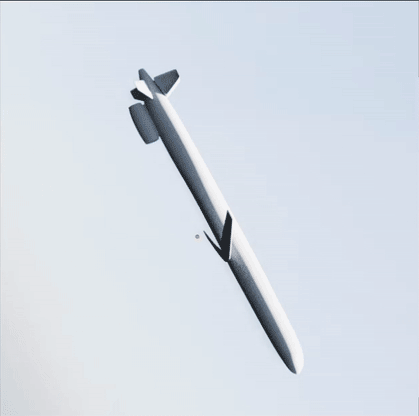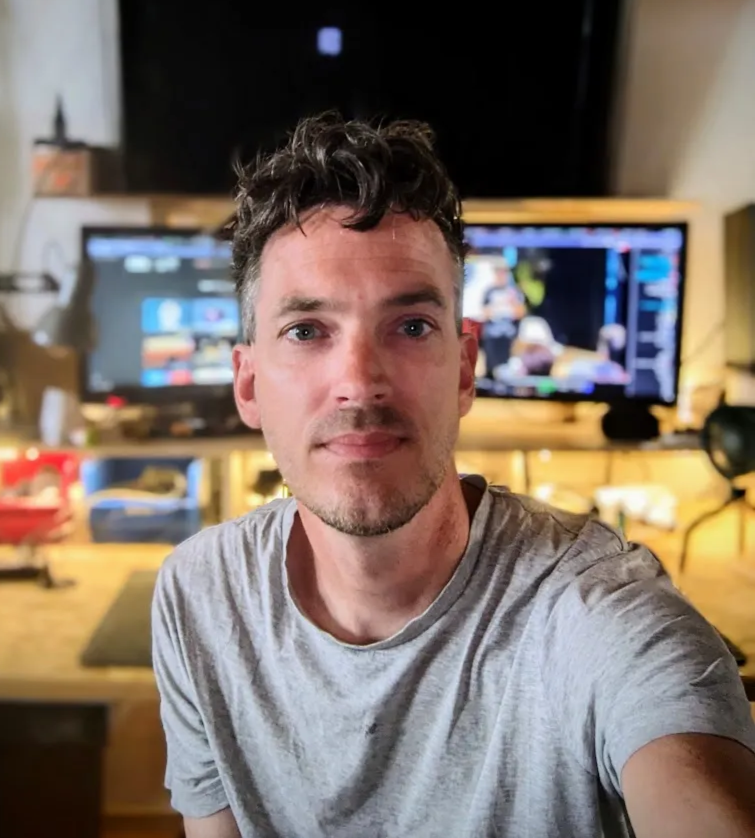Master Blender for Visual Investigation
Start connecting the dots and empower yourself or your team with practical 3D analysis skills for visual investigation workflows. Begin your journey with our free knowledge hub featuring Blender OSINT tools and forensic techniques, or accelerate your skills with a personalized training solution. From 1-on-1 sessions, online workshops to full courses, everything is designed for busy professionals in forensic analysis, investigative journalism, academic research, and human rights documentation — beginner to pro, no prior experience needed.
Developed in collaboration with Oxford University & Border Violence Monitor Network

Free Knowledge Platform
Begin your personal training for free with our library of Blender resources aimed at visual investigation and data visualization. We've gathered a collection of forensic techniques, OSINT tools, tutorials, and workflows from across the web and combined them with our own original content to give you an excellent starting point to translate data into its 3D equivalent. Everything is marked, from beginner to pro. Send us a mail to get instant access — We don't use your email to spam, we use it to track usage.
Challenges in Visual Investigation Training
While Blender offers incredible potential for visual investigation, professionals face significant hurdles in mastering this powerful tool for their work.
The Power of Visual Investigation
In our increasingly complex world, Blender transforms diverse data into clear visuals and compelling stories, revealing patterns that text alone cannot show. This free, open-source 'Swiss Army Knife' powers groundbreaking forensic analysis, OSINT research, and data visualization worldwide.
The Training Gap
However, a huge gap exists in training that focuses specifically on using Blender for investigative purposes. Most learning resources assume you're either an intermediate user or are geared toward animation, visual effects, and design, not forensics or journalism.
The Learning Curve
We also understand how frustrating it is when you're already stretched thin and feel like you have to overcome a steep learning curve without proper guidance. Finding specialized, personalized training for using a tool like Blender in visual investigations is nearly impossible.
Our solution: Personalized Blender Visual Investigation Training
Apart from access to our free knowledge hub, we offer specialized training in different shapes and form. None of these are generic. We can provide you with comprehensive, personalized Blender training and expert assistance, tailored to your projects needs and existing workflows.
Blender Modules for Investigation Workflows
Access our constantly expanding library of Blender modules covering forensic techniques, OSINT tools, 3D analysis workflows, and data visualization methods. Because our modules are small and bitesized it is easy to mix and match them, making building personalized workflows relatively easy, straightforward and effective.
Personalized, Adaptive Learning
Instead of following a rigid curriculum, we will assemble and implement your own learning path based on your specific goals. You get structured recommendations and step-by-step workflows curated for your project and skill level.
Fast, Direct & Expert Human Support
Don't get stuck. Get immediate, personalized help when you hit a roadblock. We offer every support option on the planet (more or less). From 1-on-1 video calls, screen-sharing sessions, to custom video & text tutorials. Because we know from experience how important it is to get you back to work quickly.
Real World Use Case Examples
Disclaimer: These examples have not been created by people who followed this course, nor are they associated with the course. They are simply real-world cases where Blender was used within the context of visual investigation.

Russian Missile Identified in Kyiv Children's Hospital Attack
This example from Bellingcat showcases a powerful application of 3D modeling in visual investigation. By creating a precise model of a Kh-101 missile in Blender, researchers were able to directly compare its proportions and key features with photographic evidence of the missile that struck the Okhmatdyt Children's Hospital.
Read moreCourse Results
Explore a selection of 3D reconstructions created by previous course participants. These projects demonstrate the real-world applications of skills learned in our training programs.
View all Models on SketchfabXanthi Detention Center Reconstruction
Petru Ralli Detention Center Reconstruction
Samos Detention Camp Reconstruction
Ready to Connect the Dots?
Explore the options of creating a custom training program or request DIY access to our free knowledge hub.
Testimonials
Read what previous participants have said about their experience with the Blender for Visual Investigation course.
“Incredible support. Boudewyn made Blender's complexity manageable through patient 1-on-1 help and tailored resources. Way beyond what I expected.”
Meet the Team

Boudewijn
Boudewijn is a creative technologist and visual storyteller with 7+ years of Blender experience. Bridging philosophy, Interactive Media Design, and 3D graphics, he's driven to use technology for positive change. He believes investigative (3D) workflows should be accessible and adaptable for anyone seeking to uncover truth through visual means.
More information
Dr. P. Teunissen
Peter Teunissen is a border scholar working at the intersection of open-source investigations (OSINT), ethnography, and visual practices. He has collaborated with Forensic Architecture, Border Forensics, and the Border Violence Monitoring Network to investigate how landscapes, infrastructures, and environments shape and conceal violence and human rights violations. His work combines FOIA requests, open-source techniques, visual analysis, and ethnography to make visible otherwise obscured forms of harm, with a focus on translating complex investigations into compelling visual reconstructions.
More informationTraining Options
Choose the training format that best fits your needs and learning style
1-on-1 Training
Personal training sessions tailored to your needs
Workshop
Group training sessions on a specific topic for teams and organizations
Full Course
Direct, tailored assistance and customized curriculum
Flexible Training Options
All training options can be delivered either on location or online
Courses available in Dutch, German, or English
Pricing based on project scope - inquire for a custom quote
Frequently Asked Questions
Find answers to common questions about our Blender for Visual Investigation training